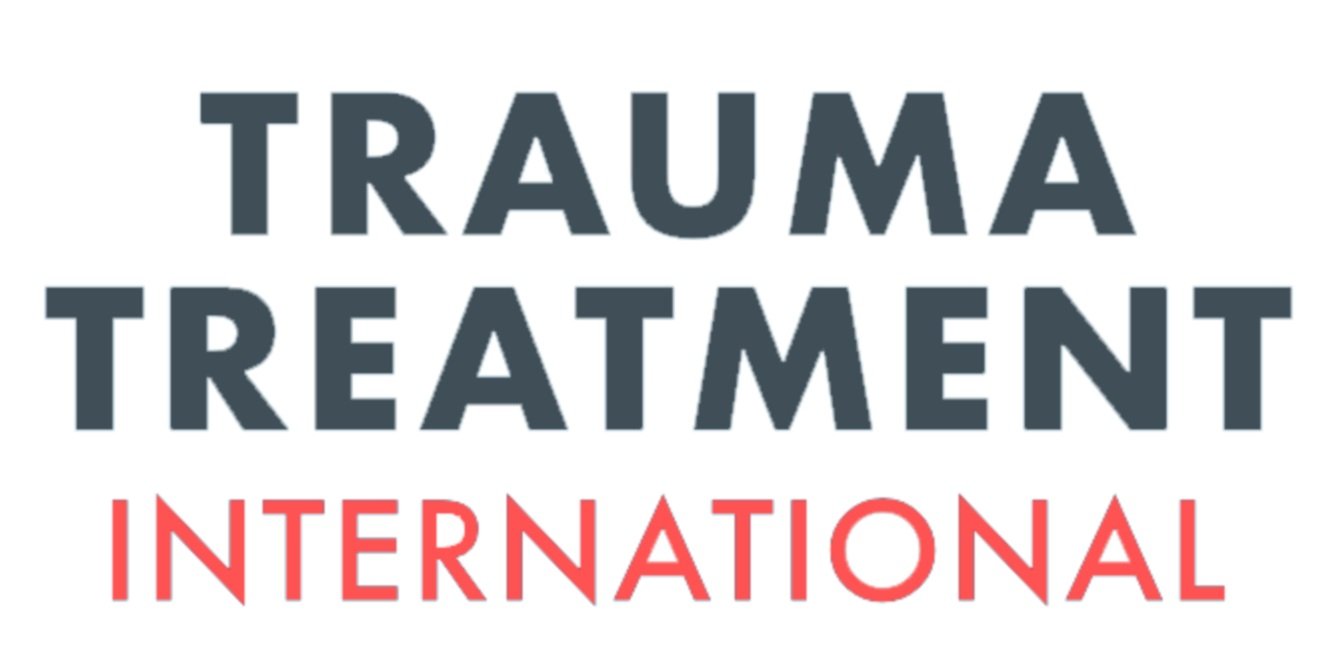TTI launches partnership with Hostage International
More former hostages are now able to receive bespoke psychological treatment, following a new partnership between Trauma Treatment International (TTI) and Hostage International.
TTI’s trauma clinic lead Dr Sarah Whittaker
Thanks to funding from the MSN Family Trust, Hostage International is now able to refer former hostages to Trauma Treatment International for expert support.
While TTI will provide the psychological treatment that some former hostages may need, the Hostage International team will continue to provide essential emotional support and assist individuals with practical and administrative tasks. As TTI’s trauma clinic lead Dr Sarah Whittaker explains, this holistic approach is likely to have a hugely beneficial effect on the former hostages.
She said: “In therapy, we encourage clients to try and make sense of the past, but it’s hard for them to do this when their day-to-day life is in chaos. Our clients from Hostage International will recover much more quickly when their current stressors are being resolved at the same time – especially if those stressors were caused by the hostage situation in the first place.
“This has been a partnership waiting to happen. The DNA of both charities is so similar and there’s something wonderful about two organisations coming together, driven by the desire to help people.”
Hostage International Chief Executive Lara Symons said: “There is real synergy between our two organisations, and this partnership will enable us to reach further in supporting former hostages as they journey through their life after captivity.
Hostage International Chief Executive Lara Symons
“Despite the trauma that most former hostages will have experienced, we see many individuals moving forward to lead happy and constructive lives and we are delighted that this partnership between Hostage International and TTI will enable us to support people to an even greater extent.”
Sarah added: “We’re so grateful to the MSN Family Trust for funding this project as this partnership will offer a much quicker and greater consistency of service for those who need it most.”
Sarah explained that former hostages can remain in a state of high alert even after they have returned to a so-called “normal” life. “It’s a unique kind of trauma, as hostage situations are so rare,” she said. “They’ll replay their hostage ordeal over and over in their heads and experience it as though it were still happening now.
“So, it is very difficult for individuals to establish a sense that it is over and they are safe. We help people tell their story and put words to their experience in a particular way that helps them to understand and recognise that they are safe now.”
She added: “Some may blame themselves for what happened to them, or for what they did or didn’t do during their capture. Silence is a breeding ground for shame, which is another reason why talking about what happened in therapy is so important.”
This new partnership will see up to five clients being referred by Hostage International to TTI, with each individual able to receive between 12 and 24 therapy sessions, either held remotely via video link or face-to-face in London.


